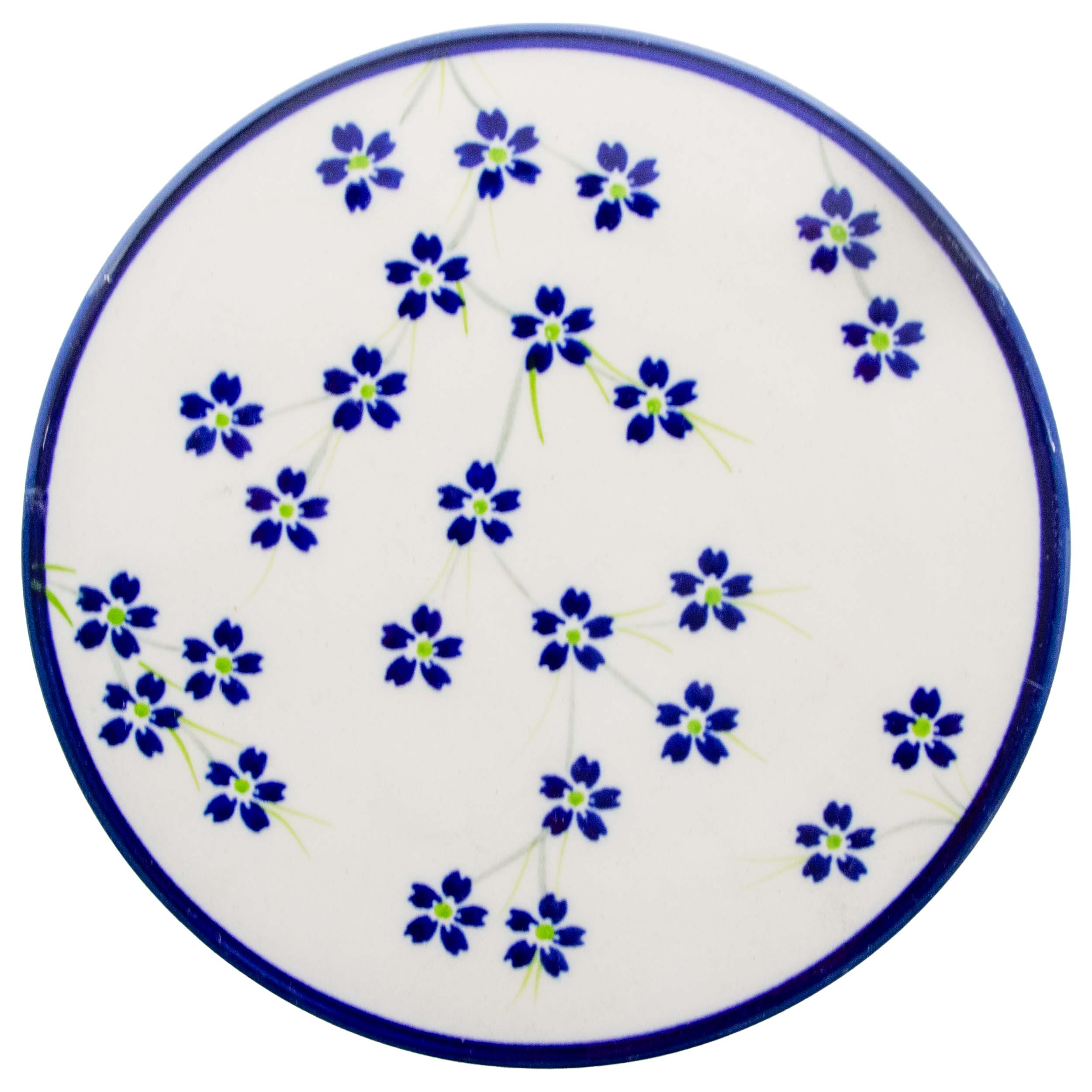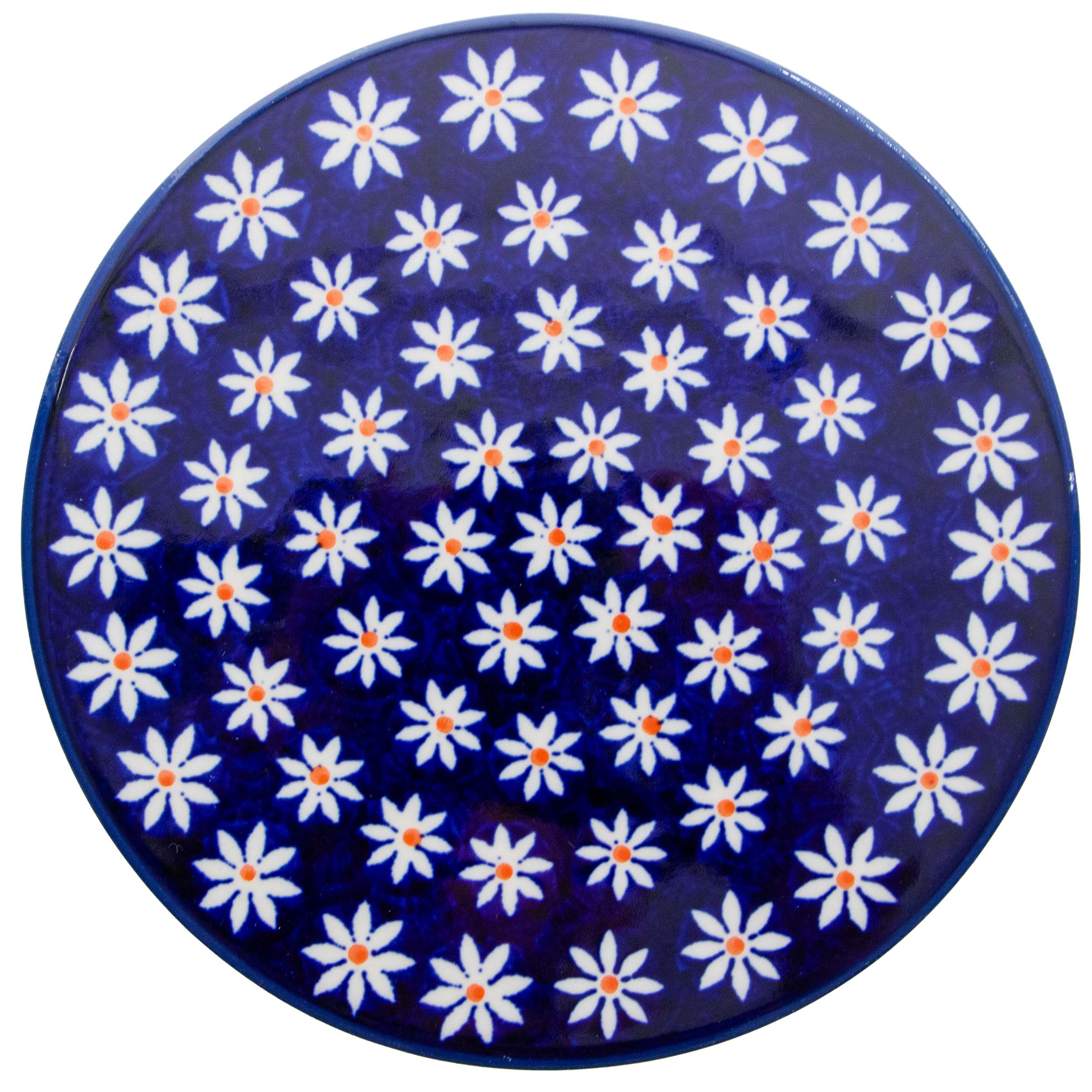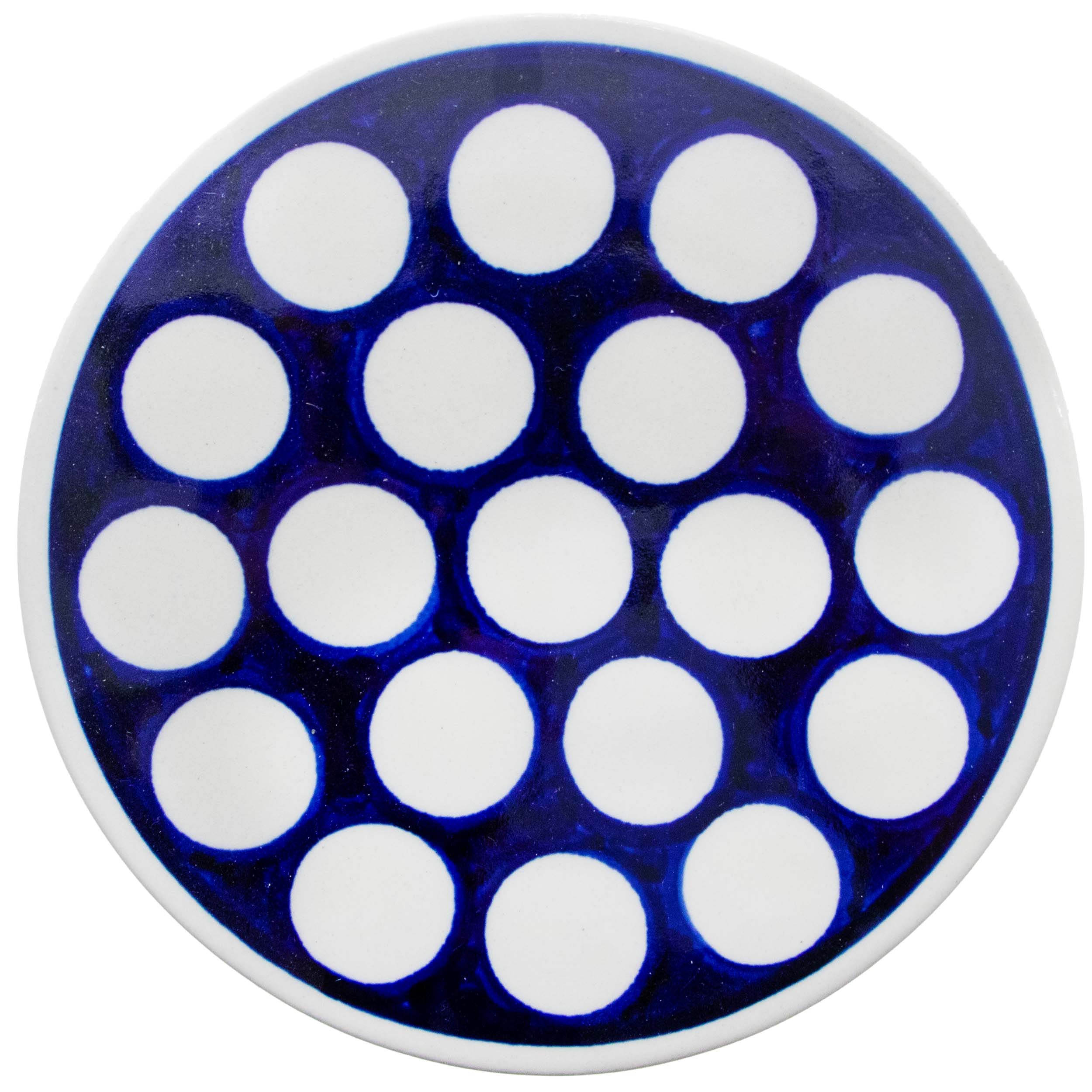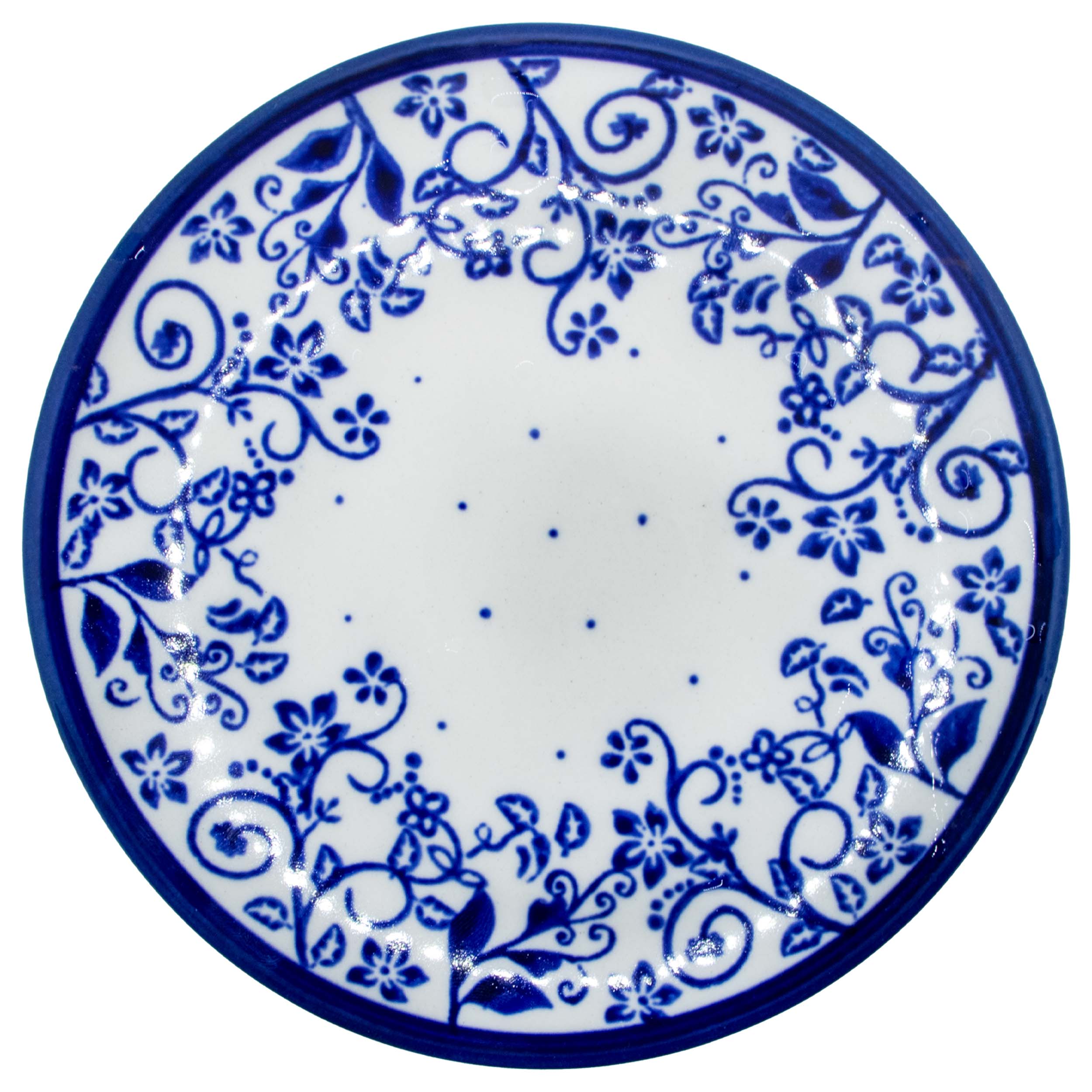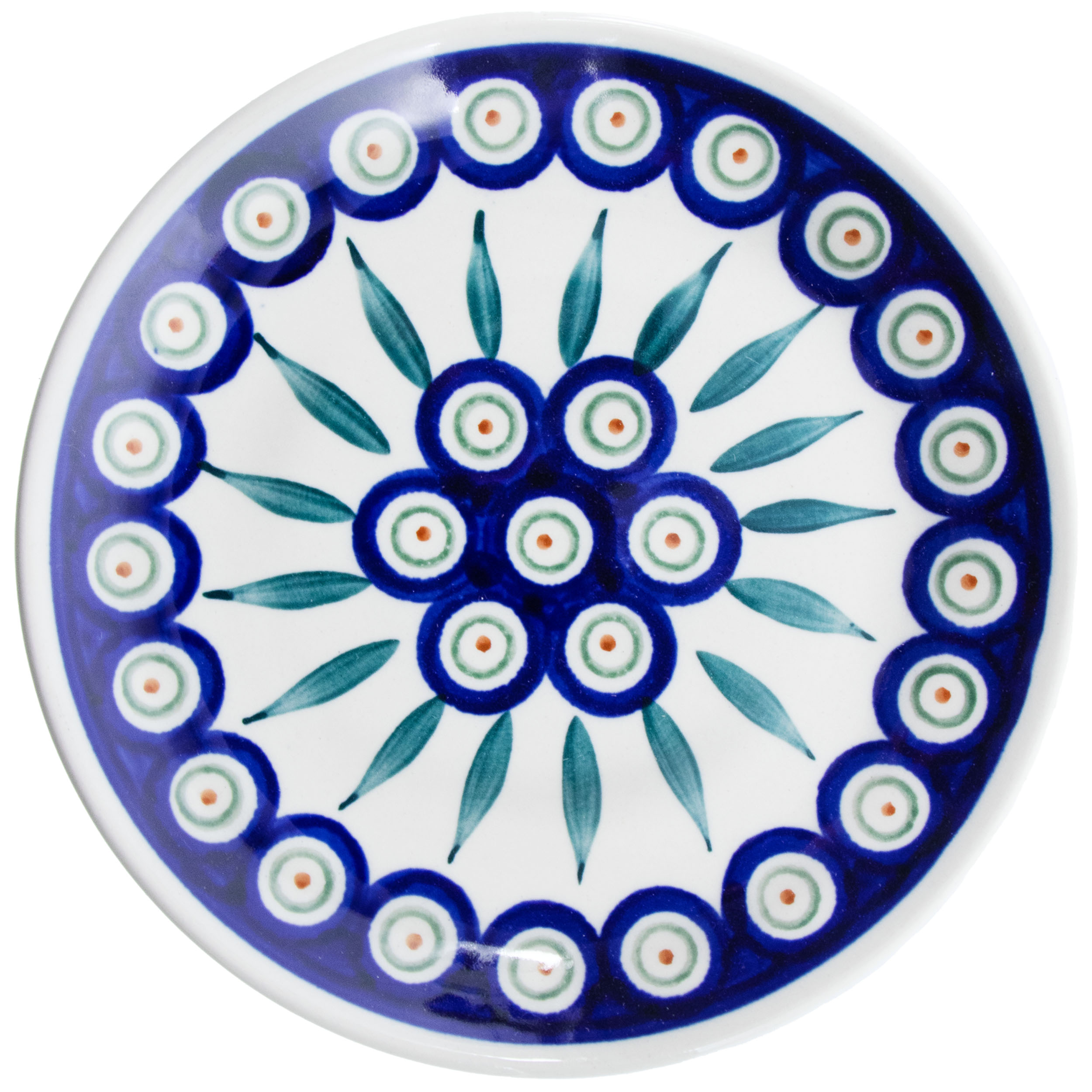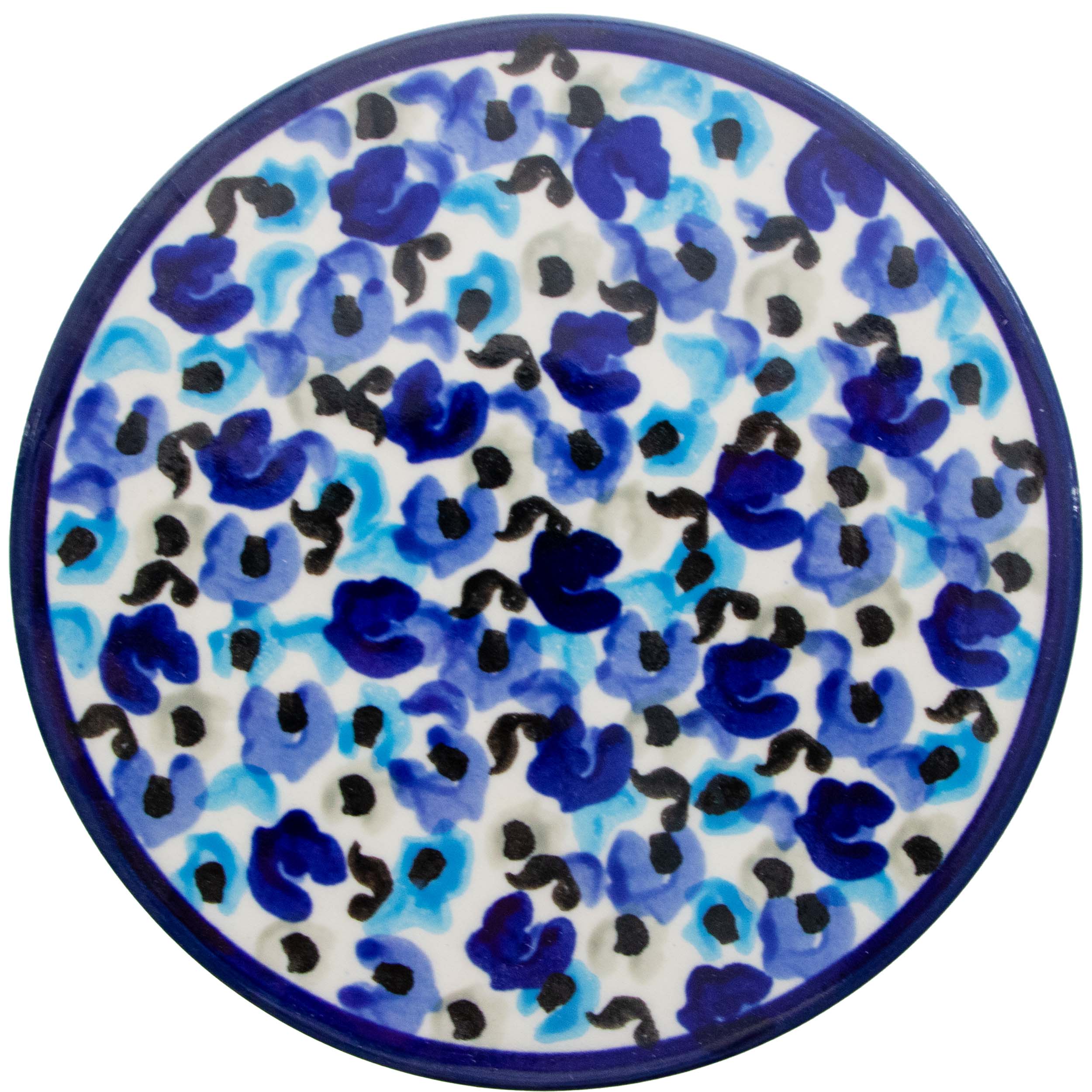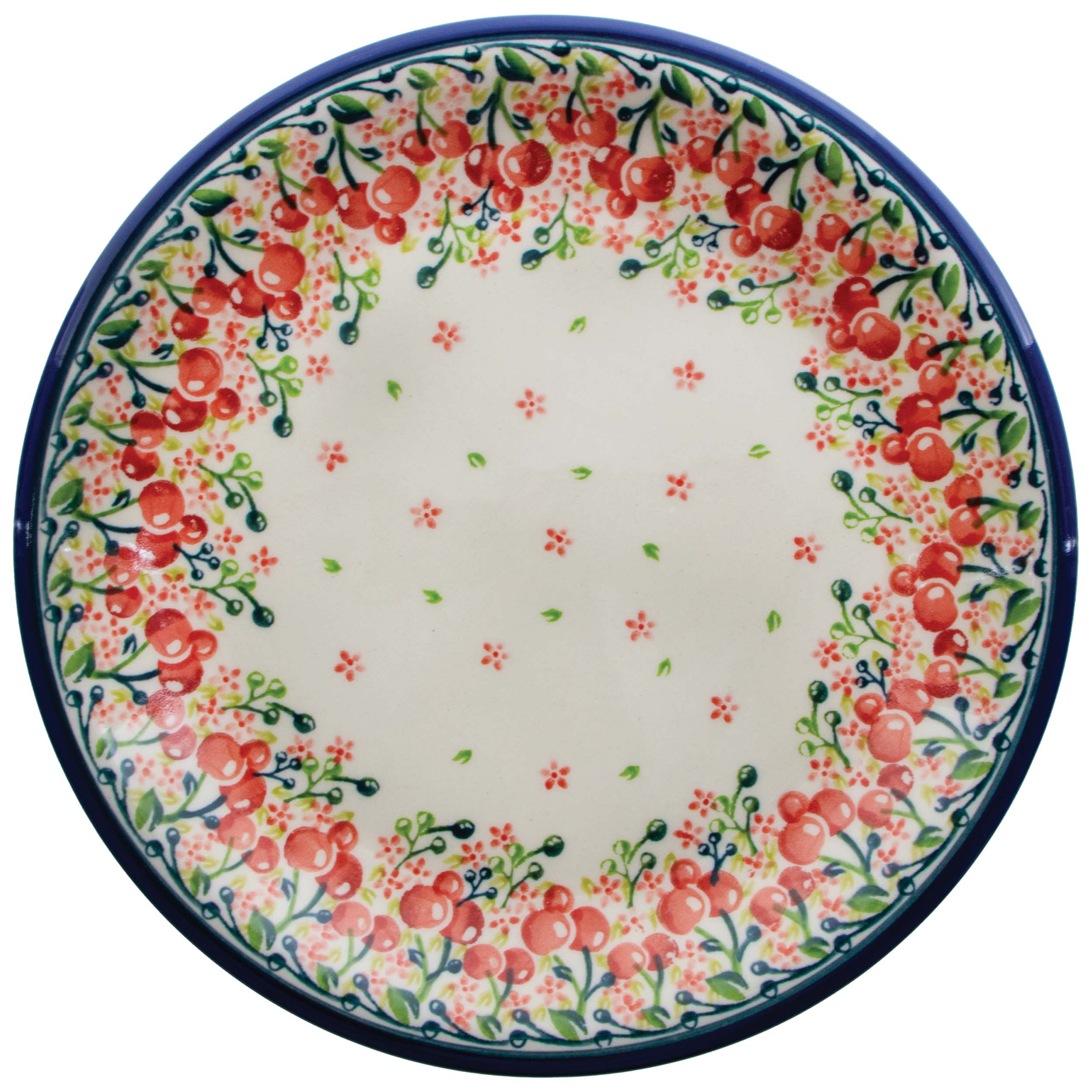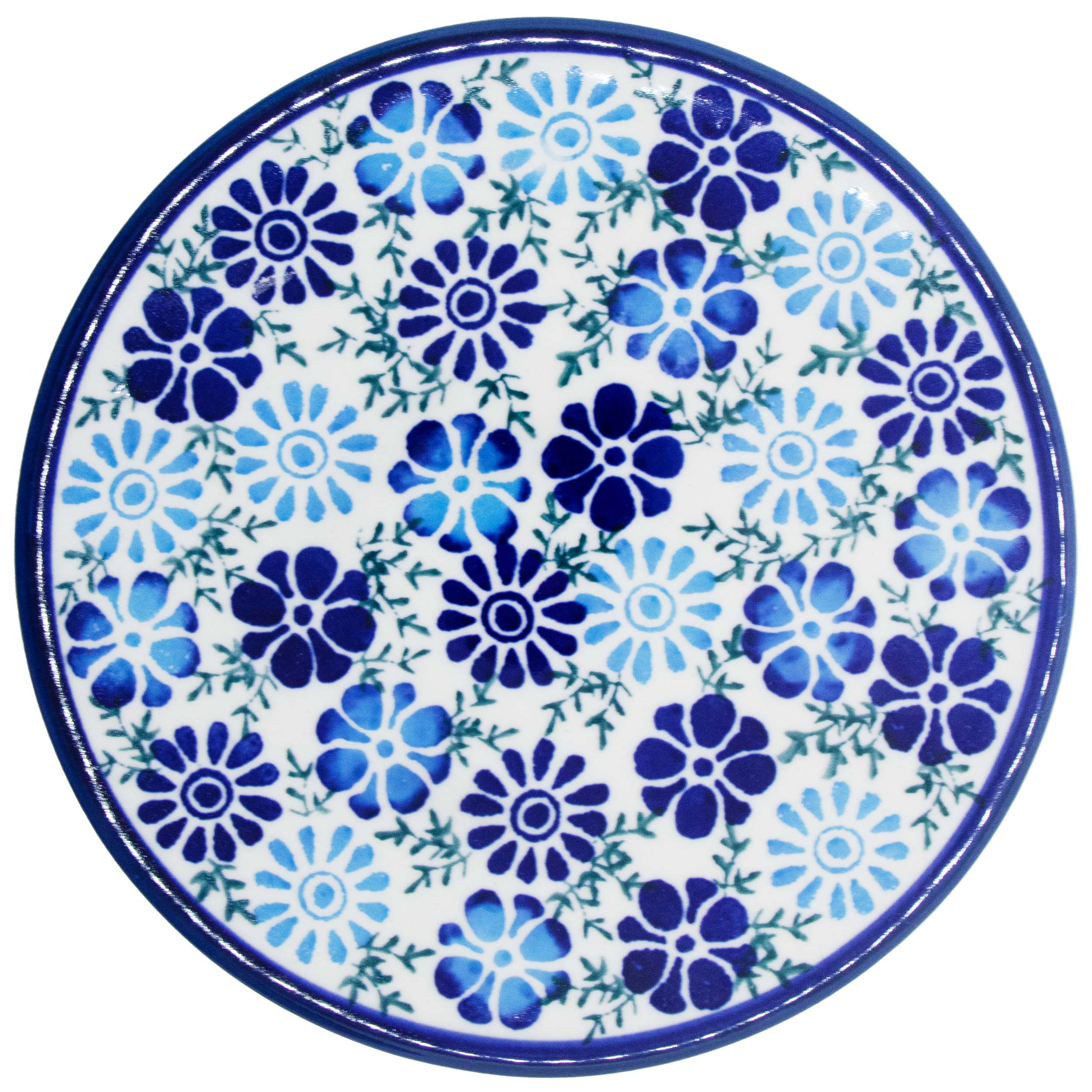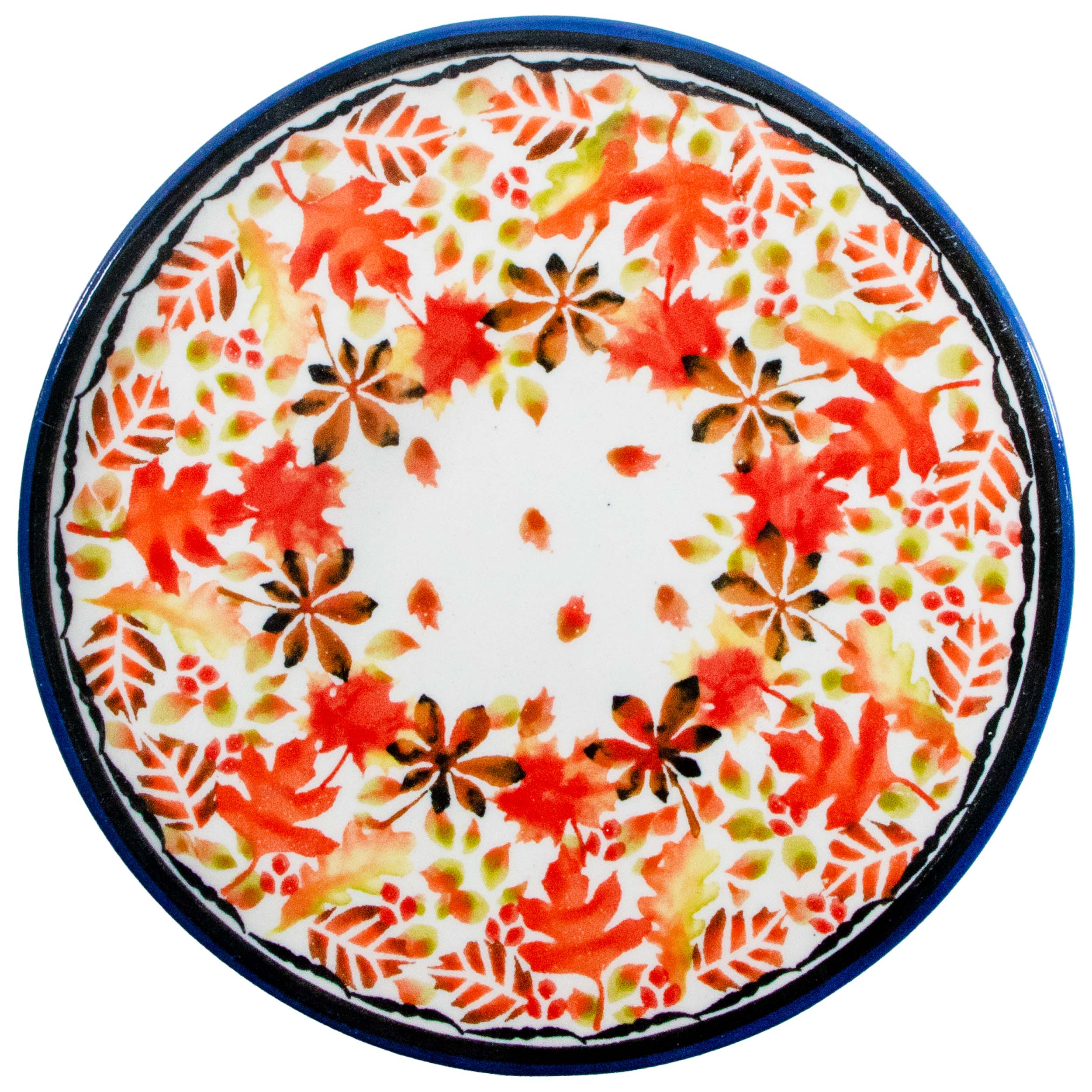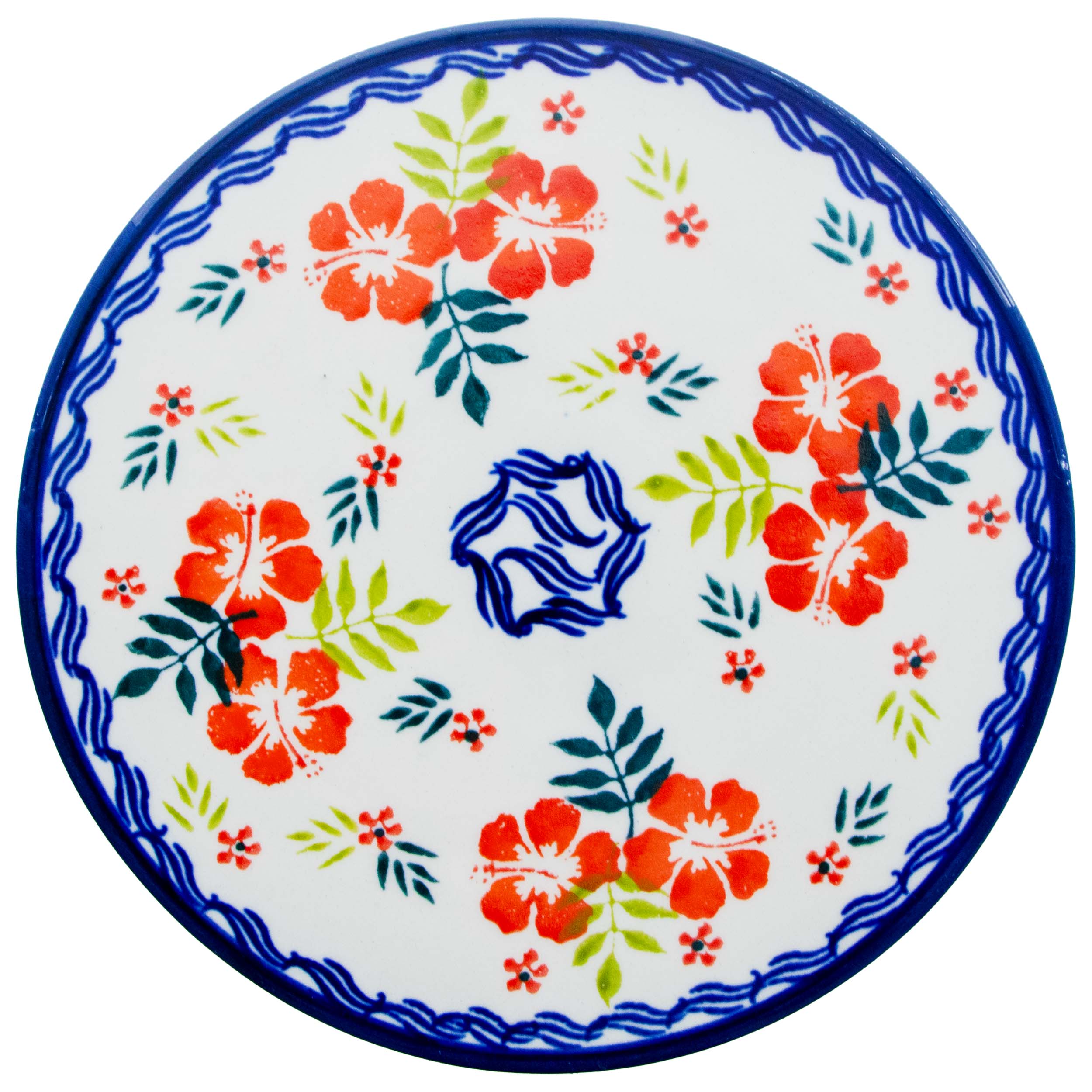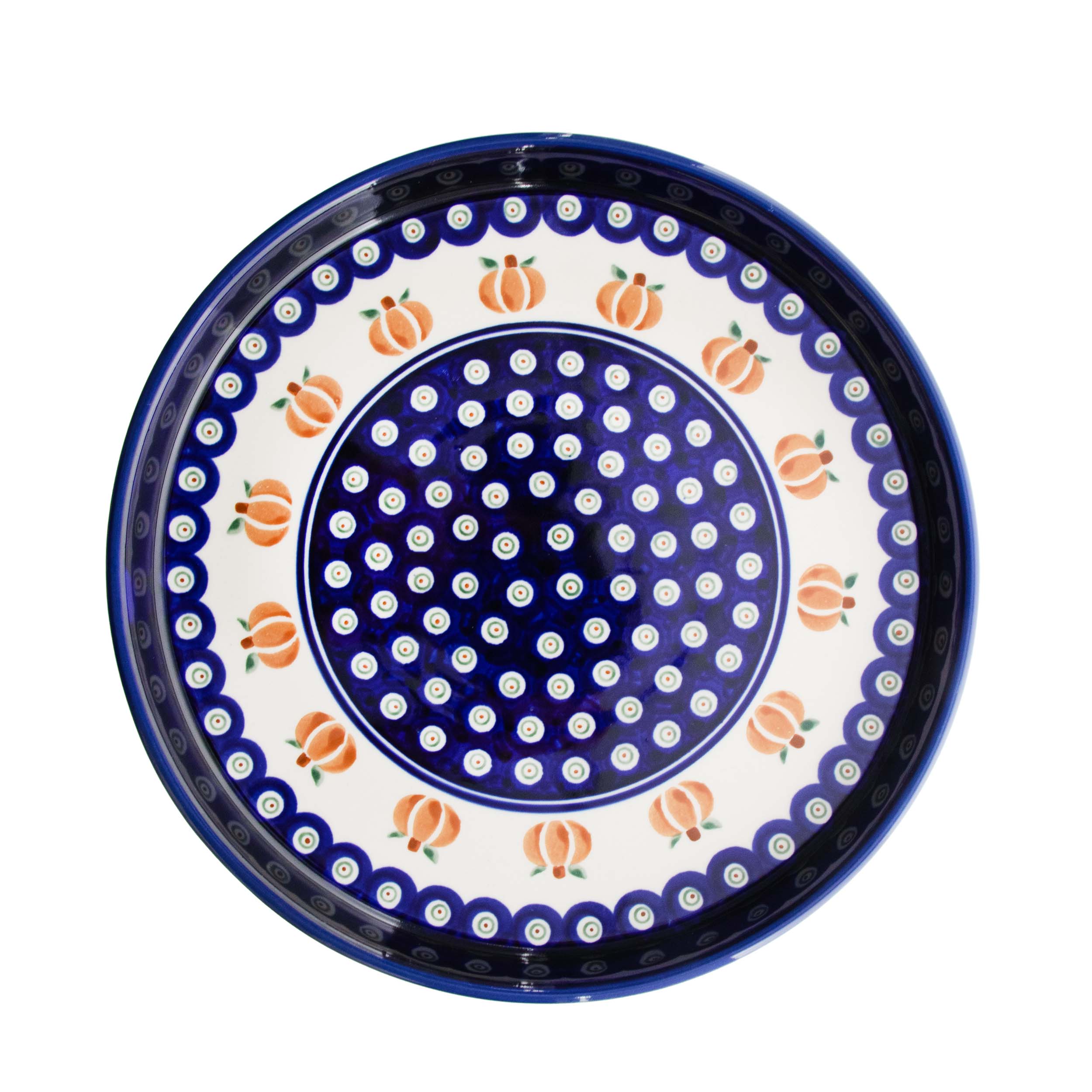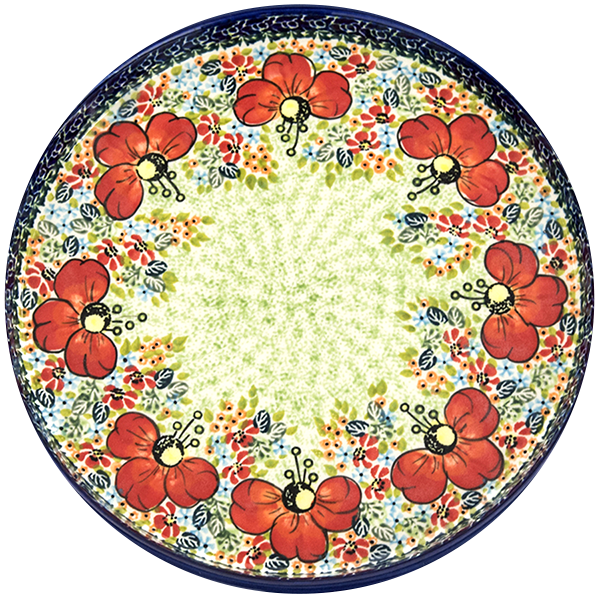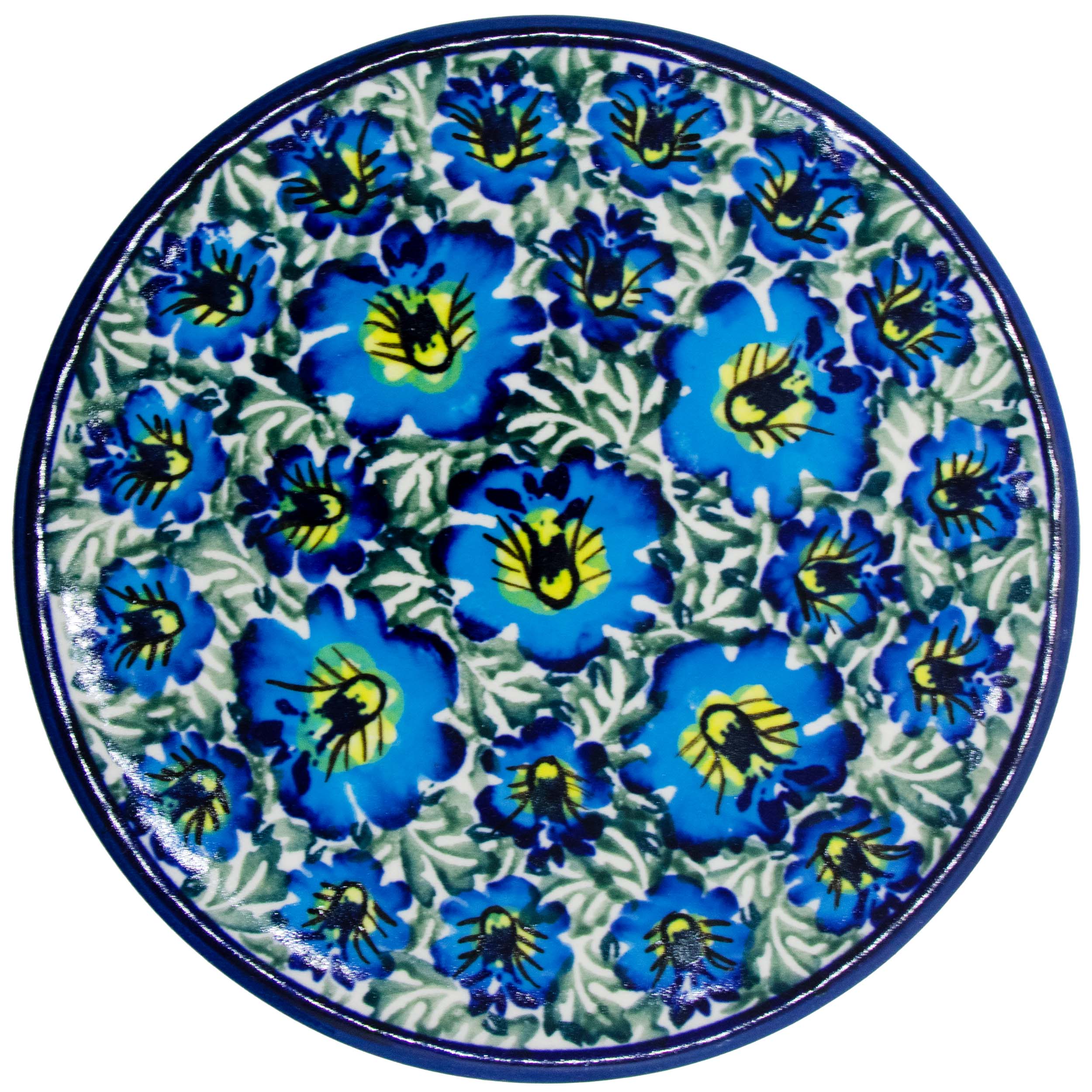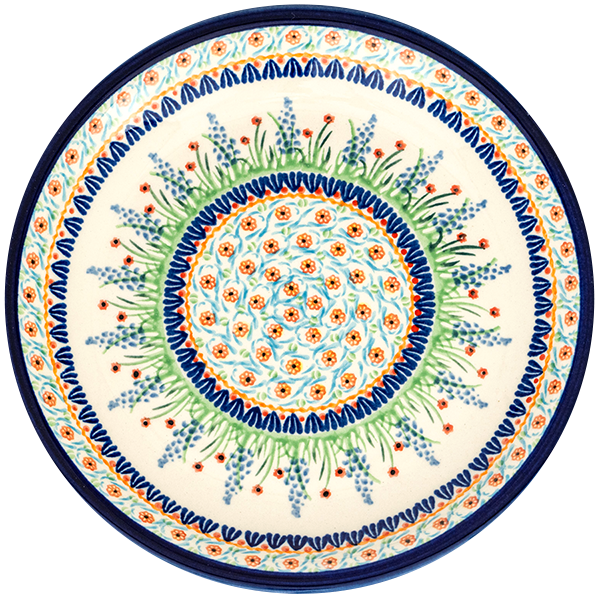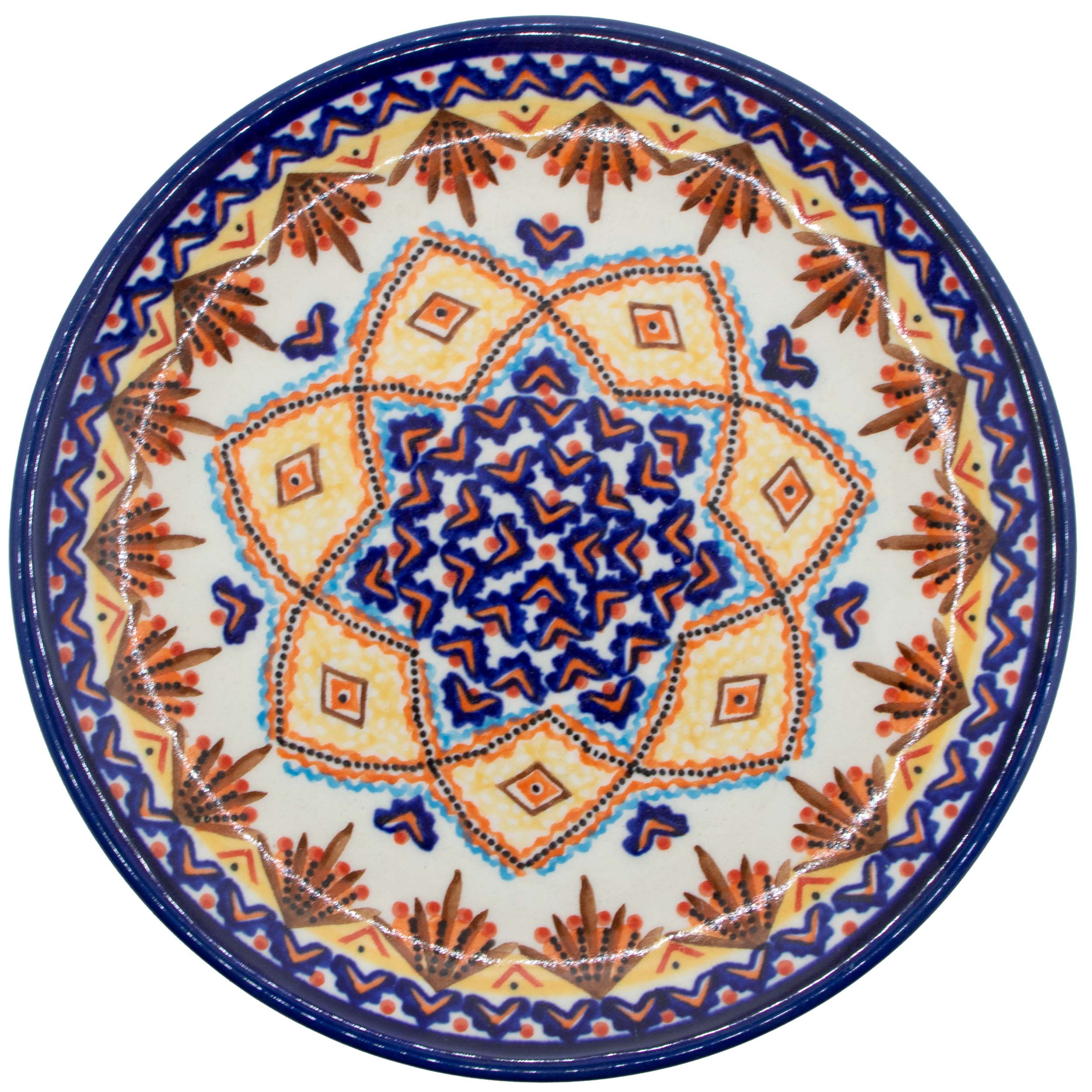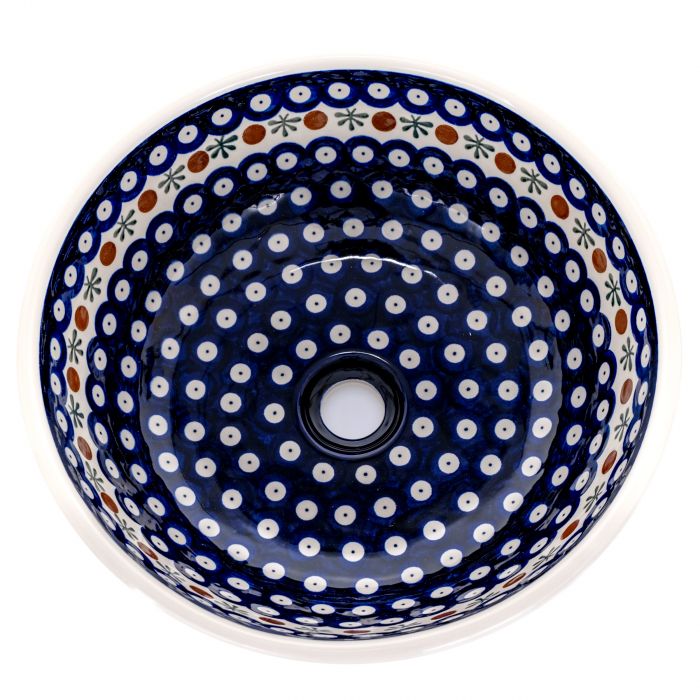Washbasin
$277.69
In stock
Only 2 left
SKU
1817A/D-41/2
| Diameter [cm] | 43.00 |
|---|---|
| Length [cm] | 0.00 |
| Weight [kg] | 4.900 |
| Capacity [liter] | 0.00 |
| Height [cm] | 15.00 |
| Width [cm] | 0.00 |
Washbasin• The offer of the Zakłady Ceramiczne "BOLESŁAWIEC" could not miss hand-painted ceramic washbasins in various decorations.
• The ceramic countertop washbasin meets the requirements of the PN-EN14688:2015 standard, and the necessary tests were performed by an accredited laboratory of the Institute of Ceramics and Building Materials in Warsaw, part of the Łukasiewicz Research Network. The tests confirm the high durability and resistance of the washbasins to: abrasion and scratching of the enamel, staining and chemical agents, temperature changes.
• The washbasins are decorated by hand with stamps and brushes, glazed and fired at high temperatures so that they and their decoration are completely resistant to damage or destruction.
• The washbasins are easy to install and are designed for domestic use, but can also be successfully used in hotels, guest houses or other bathrooms and toilets used by many people.
• When using the washbasin, it is recommended to wash with a soft cloth using mild detergents, do not use gritty detergents.
• As each washbasin is decorated by hand, minimal differences in decoration between individual pieces within the same decoration are permitted.
• The washbasin can also be matched with one of the ceramic liquid soap dispensers and a toothbrush and toothpaste cup, which are also in the shop's offer
D-41 decorationThis is one of the classic decorations of Bolesławiec pottery, on which peacock eyes used to be the main decorative motif. We have here cobalt circles with white centres with cobalt dots in the middle, whose edges merge into a cobalt cloud. A stitch in green and brown - another traditional decoration colors - make the decoration lighter visually and more interesting.
All decorations of the pottery manufactured in Zakłady Ceramiczne "BOLESŁAWIEC" are hand-made by artists using traditional methods - with stamps and brushes. After decorating and glazing, the pottery is subjected to a second firing at high temperature, thanks to which both the pottery and the decoration gain resistance to damage and colour change. Each hand-decorated item is unique, as slight differences in decoration are inevitable.




